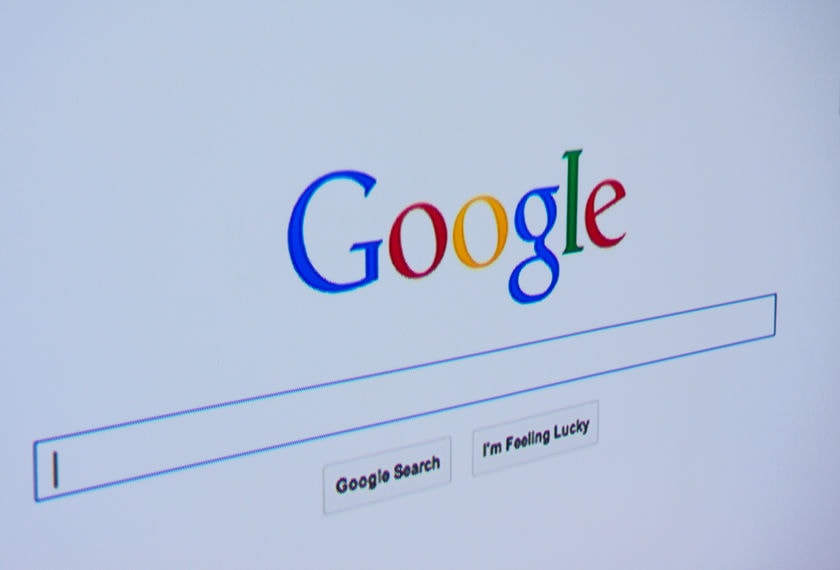Google auto-complete searches– can I sue for defamation?
Defamation has become a highly technical and complex area of law. The introduction of the national uniform defamation law in January 2006 assisted, to a degree, in stream lining this area of law, but the interplay between the common law and the relevant legislation (in NSW it is the Defamation Act 2005) means that trying to understand your rights in relation to defamation can be tricky.
The case of Trkulja v Google LLC [2018] HCA 25
The recent High Court decision in Trkulja v Google LLC [2018] HCA 25 has been an interesting development in defamation law. Mr Trkulja commenced proceedings in the Victorian Supreme Court alleging that Google had defamed him by publishing defamatory material which included:
- Google search results showing images of Mr Trkulja with images of Melbourne convicted criminals, when search terms such as ‘Melbourne criminal underworld photos’ or ‘Melbourne underworld crime’ were entered into the Google search function.
- Google auto-complete predictions when ‘Michael trk’ was entered in the search function which associated him with Melbourne.
Mr Trkulja pleaded the Google searched conveyed defamatory imputations that he was a hardened and serious criminal in Melbourne, and that he was such a significant figure in the Melbourne criminal underworld that events involving him are recorded on a website that chronicles the Melbourne criminal underworld.
Summary Dismissal Application
In the Supreme Court, Google applied to have the proceedings summarily dismissed on three bases:
- That Google did not ‘publish’ the images;
- The matters in issue were not defamatory of Mr Trkulja; and
- That Google was entitled to a general immunity from suit as a matter of public interest.
The Supreme Court dismissed Google’s summary dismissal application, and Google appealed to the Court of Appeal.
The Court of Appeal decision
The Court of Appeal delivered a lengthy judgment and ultimately found it unnecessary to decide whether Google was the publisher of the alleged defamatory matter, dismissed the argument that Google would have a general immunity from suit and instead found that Mr Trkulja would have no prospects of establishing that the images conveyed any of the defamatory imputations which were pleaded by Mr Trkulja.
In essence, the Court of Appeal overturned the decision of the Supreme Court decision and upheld Google’s summary dismissal application.
The High Court decision
Mr Trkulja then appealed the decision to the High Court who unanimously allowed the appeal. The High Court held that the Court of Appeal was in error in concluding that the matters relied upon were incapable of conveying the defamatory imputations pleaded, and criticised the length of the judgment.
The High Court explained the test for summary dismissal and emphasised that the capacity of a publication to defame is to be taken at its highest. The High Court commented that at least some of the search results pleaded by Mr Trkulja had the capacity to convey to the ‘ordinary reasonable viewer’ that Mr Trkulja was associated, in some capacity, with the Melbourne criminal underworld.
The High Court agreed with the primary judge conclusion and unanimously found the following:
- That it was strongly arguable that Google’s intentional participation in the communication of the allegedly defamatory results to Google search engine users supports a finding that Google ‘published’ the allegedly defamatory results;
- That some of the search results complained of had the capacity to convey to the ordinary reasonable person who viewed the search results that Mr Trkulja was somehow associated with the Melbourne criminal underworld and, as such, those search results could (potentially) be defamatory.
What is the effect of the High Court’s decision?
The decision of the High Court illustrates that search results on search engines, such as Google may have the capacity to convey defamatory imputations, particularly where of an image of a person is displayed in an incorrect context (ie next to images of convicted criminals), or where auto-complete search options potentially allow for the drawing of false connections.
Mr Trkulja’s case is back in the Victorian Supreme Court and should be going to a Hearing of the issues pleaded by him next year.
Turner Freeman no longer take on defamation cases, but can help with a broad range of personal injury, estate management and commercial law cases.
